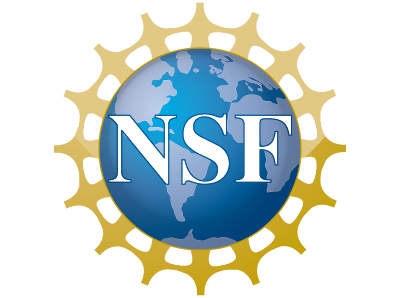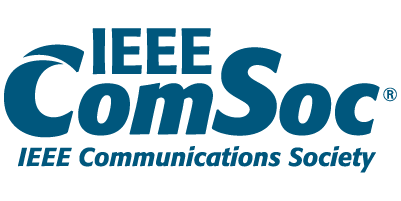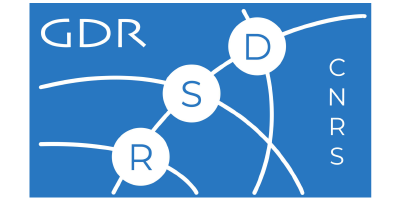Call For Papers
In order to handle the ever-increasing traffic load, existing wireless networks have typically been designed and planned with a focus on improving throughput and increasing coverage. Achieving ultra-low latencies – often together with unprecedented levels of reliability, has not been in the mainstream in most wireless networks, due to the focus on human-centric communications and delay-tolerant content. However, a plethora of socially useful applications and new uses of wireless communication are envisioned in areas such as augmented and virtual reality (AR/VR), industrial control, automated driving or flying, mission-critical IoT, remote robotics, smart grid and tactile Internet. In response, new releases of mobile cellular networks (mainly focusing on 5G new radio and beyond) are envisaged to support scenarios with extremely strict requirements in terms of latency (ranging from 1 ms and below to few milliseconds end-to-end latency depending on the use cases). Low latency communication poses significant theoretical and practical challenges, requiring a departure from throughput-oriented system design towards a holistic view (network architecture, control, and data) for guaranteed and reliable end-to-end latency. Cooperative networking can maintain the robustness of network connectivity, since in cooperation, wireless nodes assist each other for improved connectivity and increased diversity. Most present systems employ centralized resource allocation, which is inappropriate for such applications though, as it relies on a significant control-layer overhead and incurs severe latency.
Low latency communication poses significant theoretical and practical challenges, requiring a departure from throughput-oriented system design towards a holistic view (network architecture, control, and data) for guaranteed and reliable end-to-end latency. Cooperative networking can maintain the robustness of network connectivity, since in cooperation, wireless nodes assist each other for improved connectivity and increased diversity. Most present systems employ centralized resource allocation, which is inappropriate for such applications though, as it relies on a significant control-layer overhead and incurs severe latency.
The ULLWN workshop will be held in Paris on April 29, 2019, in conjunction with IEEE INFOCOM 2019. Topics of interest include, but are not limited to, the following:
- Anticipatory network models for low-latency networking
- Machine Learning and Artificial Intelligence for achieving ultra-low latencies
- Edge caching and content replication for low latency
- Network slicing and network function virtualization
- Applications
- Factory automation and industrial control
- Tactile Internet
- Industry 4.0
- Intelligent transportation
- V2X communications
- Remote robotics
- Smart grid
- eHealth
- Mobile edge cloud computing
- Safety-critical avionics
The proposed workshop will provide a forum where researchers, technical experts, and practitioners could share the latest results and insights on how to achieve ultra-low latencies in wireless networks. In addition to presenting key and emerging results, the workshop (through its keynote, panel and regular sessions) is expected to identify new challenges and opportunities in this area.
Important dates
- Submission:
January 6, 2019January 18, 2019 - Decisions: February 7, 2019
- Camera ready: March 7, 2019











